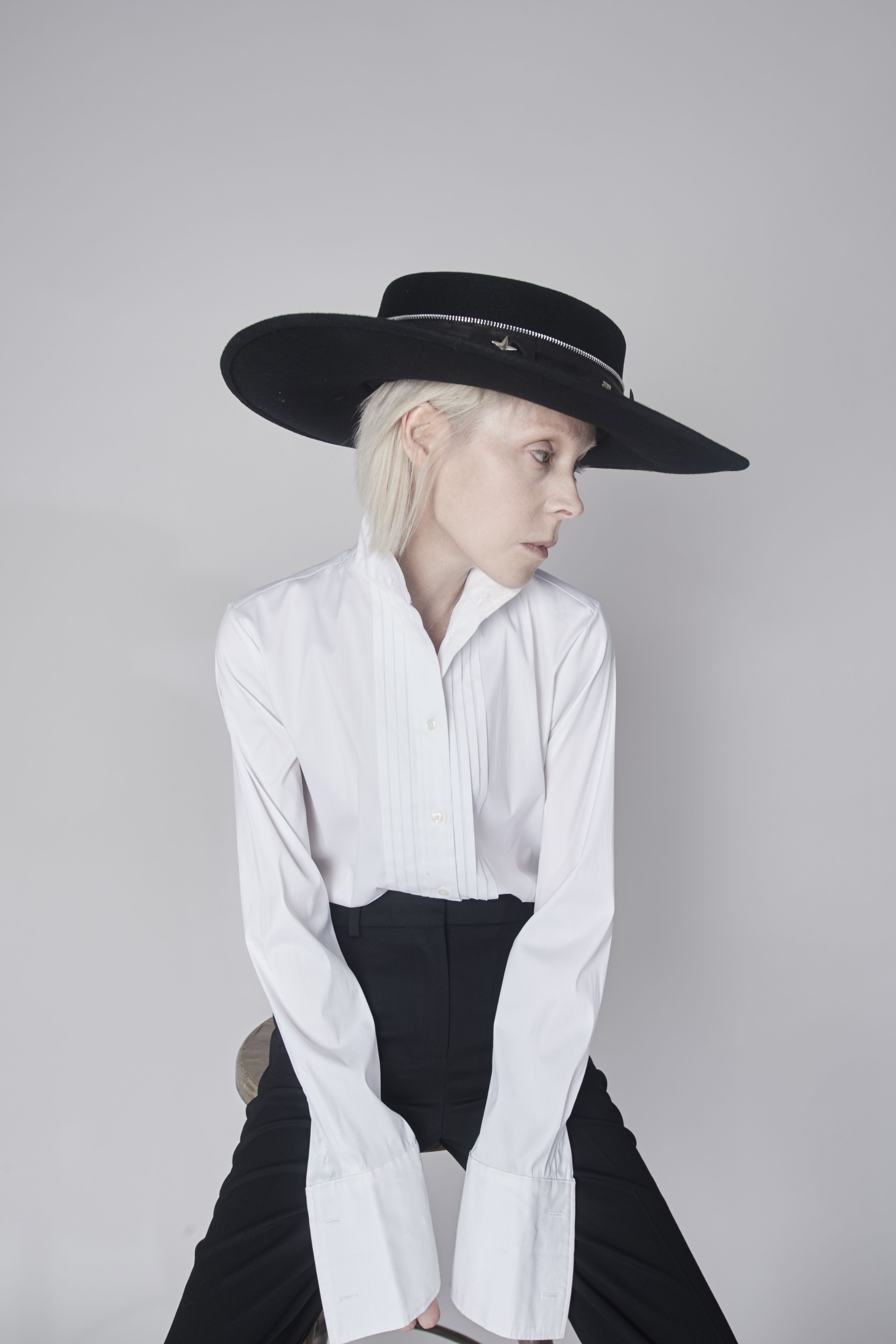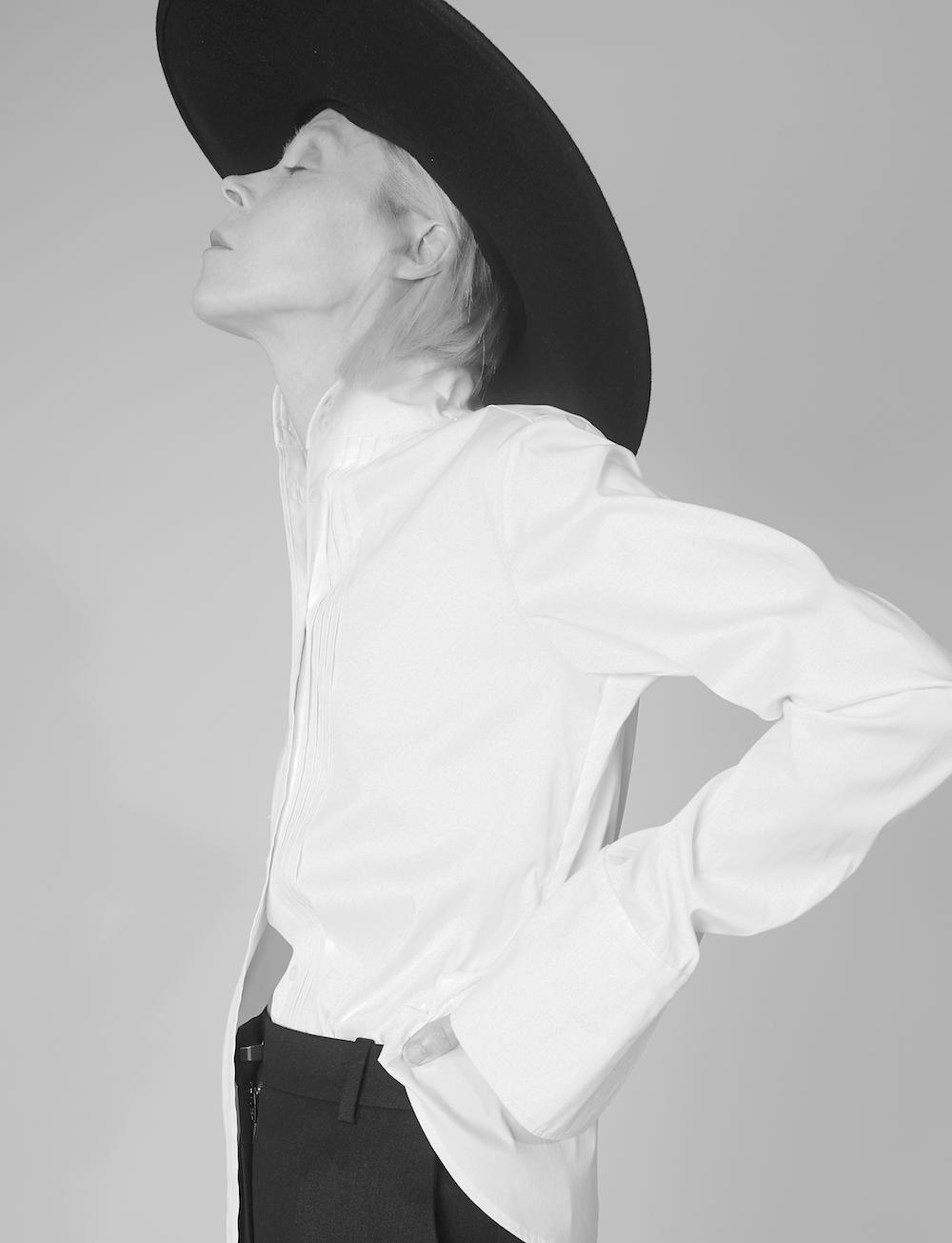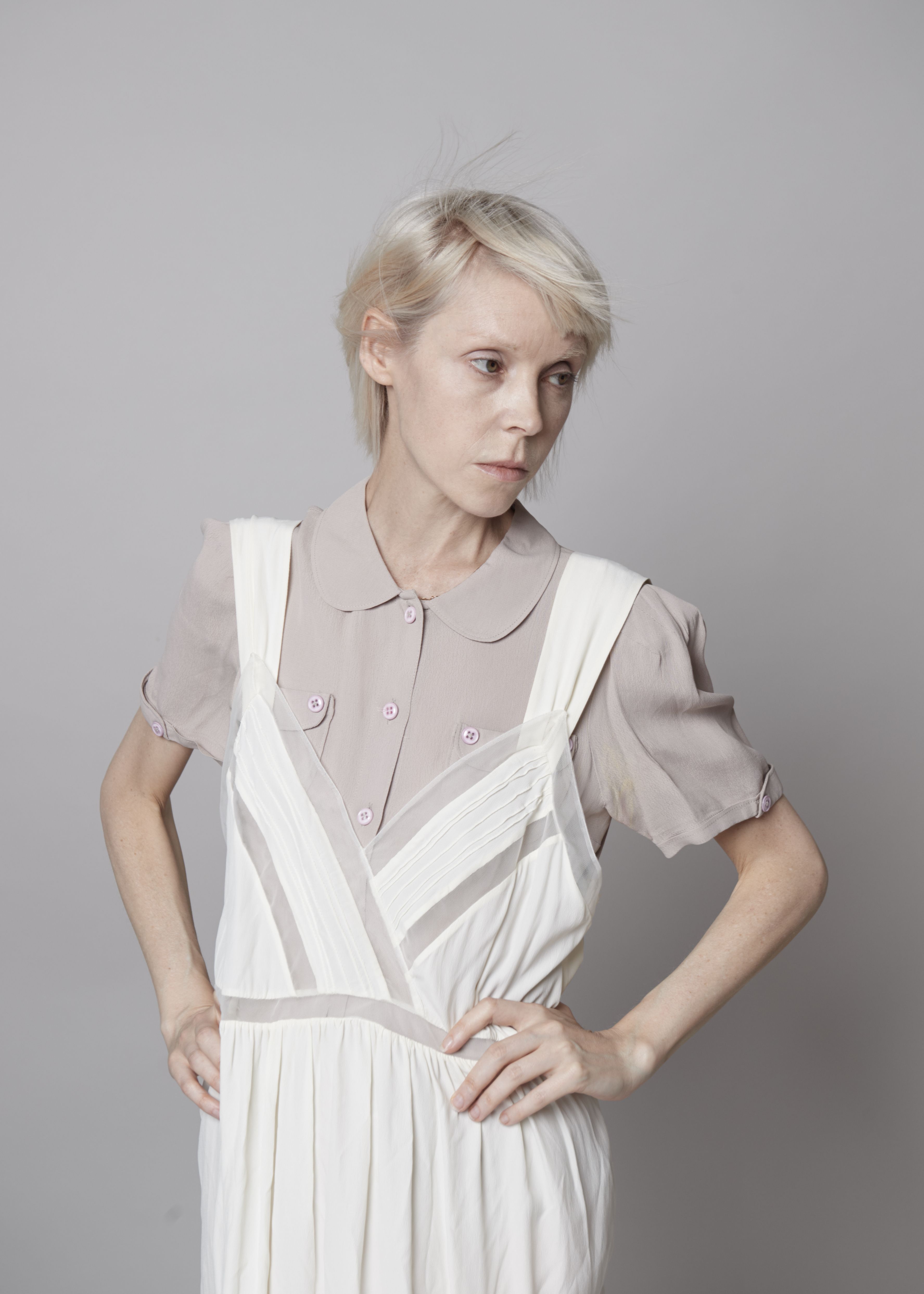
In an age of painting-by-numbers cinematic output that slides neatly into prescribed genre tropes, there is something both refreshing and strangely unsettling about the debut offering from Irish-born writer-director Antonia Campbell-Hughes. The haunting drama It’s In Us All quietly explores the tightly contained rage of a deeply disconnected man in psychological free-fall, following a car crash on the dark and lonely roads of Donegal after nightfall, in which a young boy dies. It portrays the inner-journey of the aforementioned protagonist Hamish (played with subtle intensity by Cosmo Jarvis), as his aperture of perception is ripped wide open by the uncomfortable relationship he begins to form with teenage crash survivor Evan, played brilliantly by rising star Rhys Mannion. At least that is one way to read this somewhat existential treatise, but it doesn’t tell the whole story of the celluloid anomaly, which is ambiguous enough to allow for myriad readings of narrative intent. I’ll readily admit that you could be forgiven if that sounds puzzling, but when one meets Campbell-Hughes in person, the difficult-to-pin quality of her sensuous and windswept debut makes complete sense. It is apparent very quickly that she is not an artist keen on easy answers – expecting the audience to do some serious work, rather than be entertained per se. Culture Collective spent some time with the rising director, who is already well respected in the film industry for her acting work in the likes of Jane Campion’s Bright Star, 3096 Days, Bafta-winning Kelly & Victor and Black Medicine,in order to explore her fascination with those on the periphery of social norms, and find out why moments in life that take your breath away can often break your world – for better, and for worse.
What made you want to explore such dark subject matter in It’s In Us All?
I don’t see it as dark. I just don't understand why we find some very simple things to be taboo – why should being wanting of death, being on the fence, or not connecting with other humans be negative? I'm really fascinated by why most people have to create social norms to feel safe, and why it is taboo for people who are on the fringes of the norm, who literally don’t connect, to speak their truth. I wanted to make a film to communicate, or describe how I see things – that's the privilege of doing the work that I do. And I think I have a beautiful protagonist who very simply has no fear. He has no sense of consequence, and if you have no sense of consequence or value beyond the material, then, yes, you are somewhat a dangerous person, and there's so much energy used to contain that sense that he could explode. But my protagonist doesn't have any understanding or appreciation of what living actually is, because he's simply never been seen.
What made you want to explore such an unusual character type?
It was sort of a cathartic process of trying to understand the man, and why he operates that way. The scenes with his father give a window into the childhood he led, you know? He's never been heard. He's never been seen. He's never been addressed. Trying to forensically examine this human psyche is very specifically what I was trying to do. I tend to think people are ultimately selfish, and I'm very interested in everything being conditional – for instance, if someone doesn't conceive of value, then everything to them is just material. In terms of the crash, he doesn't swerve, but it is done with such complete irrelevance that he's incredibly dangerous potentially. The crash actually allows him to break his pattern. He is broken open and able to receive, experience and observe living for the first time. And what is really profound in life to me are those kind of moments – I find those moments that literally take your breath away so compelling.

It must have been a challenging process to get it out there…
I would say that I was challenged the whole time. There was constant worry about whether I would deliver, and about exactly what I would deliver, and it was a huge process to get funding, because, obviously, with this kind of thing a distributor wants to package it up as a thriller, or something like that, which I feel is a waste of time. I’m not purely interested in entertainment. Looking at the human condition is what I find most spectacular in the world, and it just mystifies me that more people do not seem curious about that. What has been great, though, has been the critical response to the film – when I read people I respect say that they understood what I was trying to do, it meant so much to me – that's what means everything, to be understood. That's all I really want.

Tell me about the teenage boys he meets – where did you get the idea to create that juxtaposition between his nature and their apparent sense of total freedom?
In terms of Hamish, I feel that he's completely concluded. He’s a man who doesn't understand what life is, and has not even truly observed it until he meets Evan. I wanted to explore sensuality, and at the time I was shaping the narrative, I was spending a lot of time visiting Donegal, and there was this constant epidemic of young boys taking cars and crashing and dying. And what is really interesting about them to me is that they're not little zip-up trackie kids at all – they're sweet, they don't have phones, they don’t do drugs, they don't know what tick TikTok is, and they don’t fancy girls.It's like a whole removed world. And they're babies. They are just 14/15 years old, with no concept of death. I find it interesting that when boys are going through puberty, the brain hasn't yet fully developed the frontal lobes, so they don't understand consequence – that’s why boys tend to do dangerous things, like jump off walls. I was very interested in the simple contrast between the man, death and the boys. That doesn’t feel dark as subject matter to me; it actually seems profoundly beautiful.
It's In Us All is currently screening in selected cinemas. All images by Amelia Trourbridge. Antonia wears hat by A Child of the Jago; suit by Bella Freud; dress by Simone Rocha